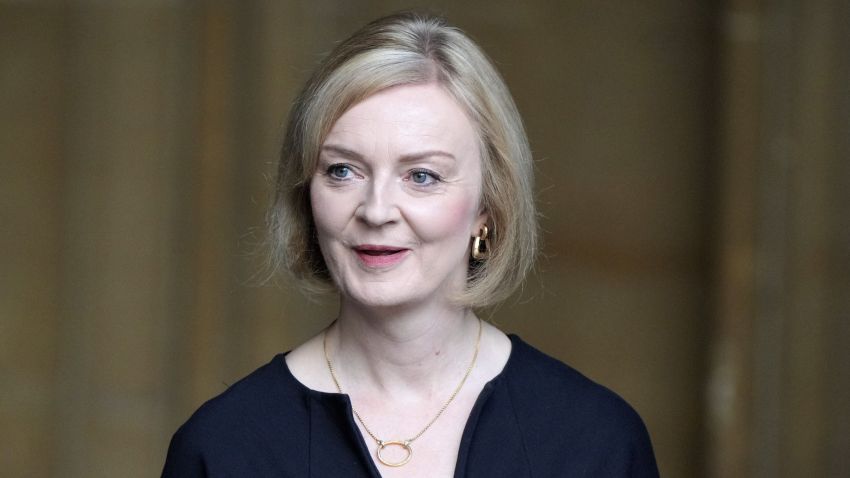Last week was a historic one in the United Kingdom. There was a change of government, as Liz Truss succeeded Boris Johnson as British prime minister after winning the race for the leadership of the ruling Conservative Party. That handover was followed later in the week by the death of Queen Elizabeth II, who was immediately succeeded by her eldest son, King Charles III.
Both events put the spotlight on the U.K.’s role in the world, and many geographic regions got a fair share of international news coverage in the memorials of Elizabeth’s life—from the “special relationship” between the U.K. and the U.S., London’s ties with continental Europe and its partnerships with the Commonwealth of Nations; to threats posed by Russia and China. But the Middle East was comparatively absent from the conversation about the U.K.’s global relationships. This underlines the relatively low importance the region occupies on the list of British foreign policy priorities today.
Among Western powers, the U.K. has arguably the most extensive combination of historical ties to and knowledge of the Middle East. That combination is due not only to diplomacy and trade, but also to problematic issues like colonialism and illegal military interventions, including the U.S.-led invasion of Iraq.

